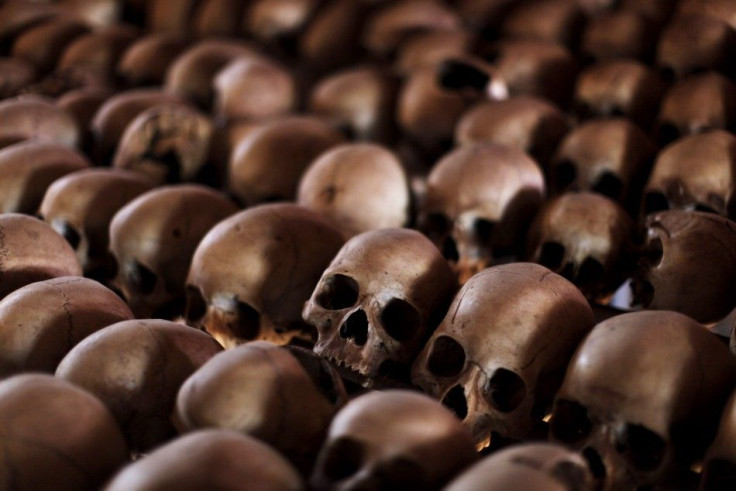Local Rwanda Genocide Courts Closed After 10 Years

On Monday, Rwanda officially ended the Gacaca community court system for prosecuting suspects from the 1994 genocide. After more than 10 years, government officials met to end controversial practice, closing the 12,000 village courts where victims of Rwanda's ethnic cleansing prosecuted their one-time tormentors.
What these courts achieved went beyond anyone's expectations. They administered justice and united Rwandans at the same time, Rwanda President Paul Kagame said in a statement.
These courts were evidence of our ability to find solutions to challenges that seemed insurmountable.
According to Deutsche Welle, nearly 2 million cases were handled by these local courtrooms, with about 30 percent of the defendants acquitted. The system was originally developed in response to a clogged judicial system that couldn't try tens of thousands of suspects in a reasonable time. Although it's a traditional system, Gacaca has been criticized because judges often have no legal training and the courts lack professionalism. Additionally, some victims were pressured to testify against their wishes.
© Copyright IBTimes 2024. All rights reserved.











